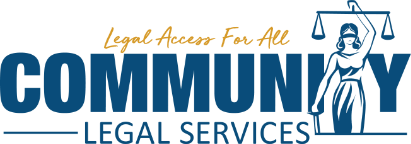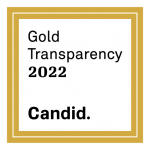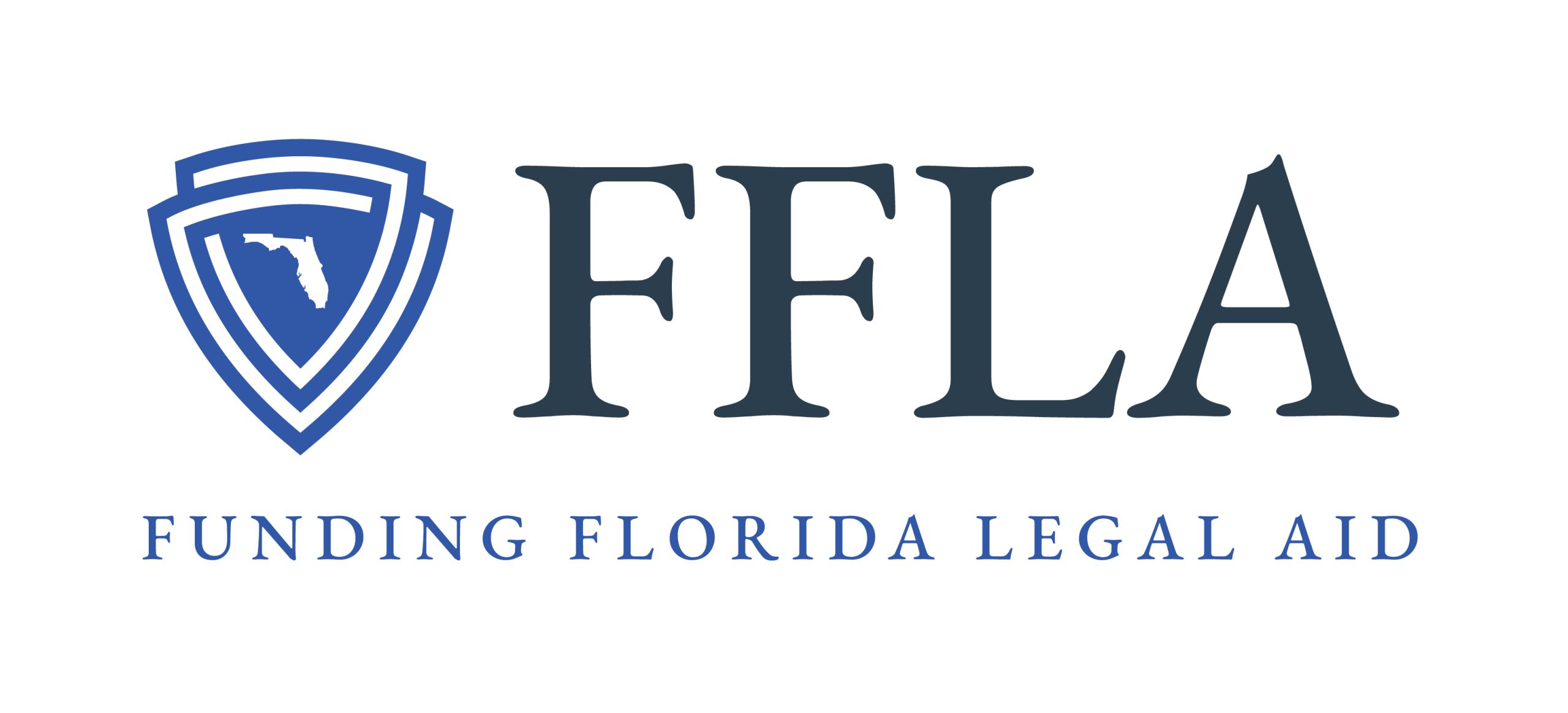Unemployment Assistance after Disaster
The Disaster Unemployment Assistance (“DUA”) program is a federal program that provides temporary financial assistance to people who find themselves unemployed as a result of a disaster. Once the President of the United States declares a disaster zone, the state of Florida will designate the counties that are eligible for individual unemployment assistance.
Under the Stafford Act, as amended, the President is authorized to make benefit assistance available to individuals unemployed as a direct result of a major disaster. The U.S. Department of Labor oversees the DUA program and coordinates with the Federal Emergency Management Agency (FEMA), to provide the funds to the state Unemployment Insurance agencies for payment of DUA benefits and payment of state administration costs under agreements with the Secretary of Labor.
See this website for other information on the Disaster Unemployment Assistance program.
WHAT ARE YOUR RIGHTS?
DUA is a program that provides unemployment benefits to people who have become unemployed as a direct result of a declared disaster. Some common employment issues for disaster survivors might be that an employer is violating the minimum wage regulations; committing overtime violations; refusing to issue paychecks; misclassifying employment status; discriminating against employees; harassing employees; or abusing undocumented workers.
When a disaster is declared, DUA is generally available to any unemployed workers or self-employed workers. You must have lived in, worked in, or have a job at the time of the natural disaster that requires regular travel through a disaster area and that has now been negatively impacted.. You also must not otherwise qualify for regular unemployment, your place of employment must be physically damaged/destroyed, inaccessible, or you must have suffered an injury.
A person who is seeking work and who becomes the head of household because the former head of household died as a result of the disaster may also qualify for DUA benefits.
You may qualify for up to 26 weeks of DUA. However, your benefits cannot extend beyond the period when the natural disaster officially ends, which is six months from the date of the federal disaster declaration (unless the deadline is extended by Congress). In addition, the DUA benefits cannot extend beyond when you return to work or self-employment or beyond the period when your unemployment is no longer directly related to the natural disaster.
Once you complete and file your application and it has been approved, your benefits are paid weekly – like regular state unemployment insurance benefits. Generally, DUA recipients receive the same weekly benefits that they would have been entitled to had they qualified for unemployment insurance in the state where they were employed. The link for information about Florida DUA is here.
The maximum weekly benefit amount payable is determined under the provisions of the state law for unemployment compensation in the state where the disaster occurred. At a minimum, DUA benefits cannot be less than one-half of the state’s average weekly unemployment insurance benefits amount.
DUA benefits for part-time workers are prorated based on the hours they worked as a percent of a 40-hour work week.
DUA benefits are reduced by any other wage-loss compensation, including private insurance, Supplemental Unemployment Benefits, worker’s compensation, and any prorated amounts of a retirement pension or annuity.
WHAT DO YOU NEED TO DO?
Apply first for regular benefits. Once this process is exhausted, then you may be eligible for DUA benefits. In Florida, workers may collect DUA if they have reached the end of their regular state unemployment insurance benefits and are still unemployed as a direct result of a disaster. Regular state unemployment insurance benefits currently run out after 12 weeks.
Contact your State Unemployment Insurance Agency. In Florida, workers and self-employed residents are urged to go to www.FloridaJobs.org to file a DUA claim or call 1-800-385-3920 Monday through Friday from 8:00 a.m. to 5:00 p.m., and Saturdays 8:00 a.m. to 3:00 p.m. During a disaster declaration, they may also offer temporary hours of assistance on Sundays.
For DUA claims information, call 1-800-204-2418 and choose the option to speak to a customer service representative or visit this website for claims information.
Keep full information about the people or companies that hire you or control your work. Details such as the name of the company you worked for, a contact person, the type of work you did and where you performed it, and the hours and dates that you worked can be important for gaining benefits later.
To qualify for DUA, people must normally apply no later than 30 days after the availability of DUA was officially announced by the state. Late applications may be accepted provided that “good cause” is shown for the late filing.
Some examples of “good cause” include:
1) where one is employed as a disaster responder and the response continues past the 30-day filing period;
2) where a person could not reasonably have known of the deadline;
3) where the state can verify that either the state or FEMA provided the applicant with incorrect claim filing information;
and 4) where the person exhausts regular unemployment insurance and subsequently files for DUA.
In special circumstances, the U.S. Department of Labor may extend the 30-day deadline to file DUA benefits.
If you have questions about your claim, please call 1-800-204-2418. Do not depend on others for correct information.
WHAT TO CONSIDER BEFORE TAKING ACTION?
Anyone who knowingly and willfully falsifies, conceals or covers up by any trick, scheme, or device a material fact, or makes or uses any false writing documents knowing the same to contain any false, fictitious or fraudulent statement or entry will be fined not more than $10,000 or imprisoned for not more than one year or both for each violation.

 Home
Home








